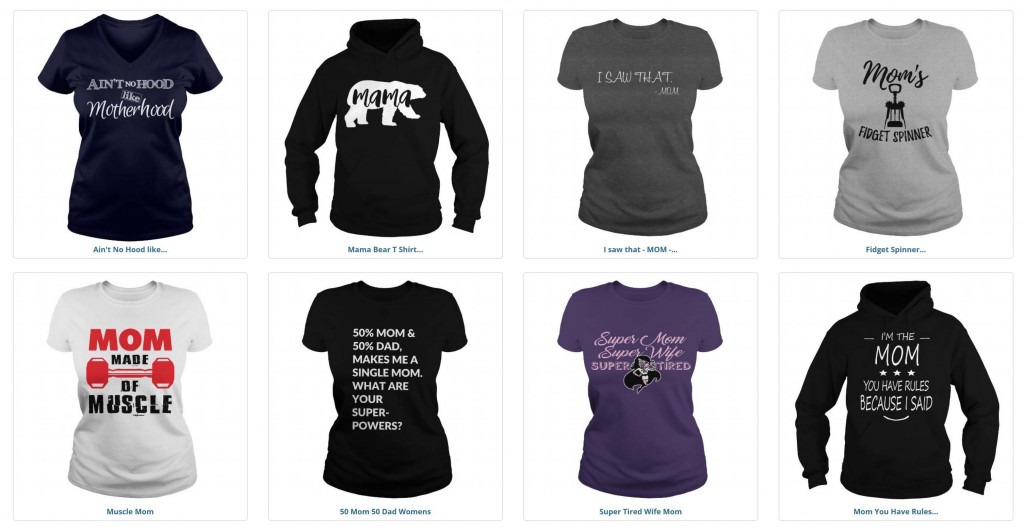Holiday Pet Safety: Keep Them Safe This Thanksgiving
People who love their pets can often be found giving them scraps from the table as treats. While this might not hurt them once in a while, doling out these treats will encourage your pet’s interest in human food. This can cause a problem for your furry friend during the holidays. Perhaps it’s time to think about pet safety during Thanksgiving festivities.
No one wants their beloved pet to be injured or become ill, but this unfortunately happens all too often. While families are so wrapped up in each other during the holiday season, they may not consider how they can keep their pet safe. But, there are many things you can do to ensure your pet’s safety during Thanksgiving and into the Christmas holiday.
Veterinarians have recommended that pets not be given human food. And while people don’t always follow this advice, it is given for a reason. Pet food is specifically designed for your pet’s nutritional needs. Human food, on the other hand, can cause injury to the digestive system of pets or worse.
Dogs should never be given bones from fish, poultry or other meat sources, because the bones can splinter and puncture their digestive system. Fat trimmings can lead to pancreatitis. Mushrooms, often used in dressings at Thanksgiving, contain toxins which may lead to shock or even cause a dog’s death. Onions and garlic can cause anemia; onions are more toxic but neither should be given to a dog. If your pooch eats too much salt, it can cause an imbalance in their electrolytes. Too many sweets aren’t good for your furry friend, either; they can cause obesity and lead your dog to develop diabetes.
Cats face similar problems from human food. Garlic and onion are toxic to cats because of the sulfoxides and disulfides which cause anemia and damage to red blood cells. Fish, poultry or other meat bones can lead to an obstruction or can splinter and lacerate the digestive system. Spoiled foods from the garbage can cause your cat to vomit and experience diarrhea. Raw eggs can give them salmonella and E. coli. Salt and seasoning can cause stomach upset for your cat.
The best way to keep your pet from getting into human food is to separate them from the food during the day. Put them outdoors (if you have a fenced yard) or in an extra room while food is a temptation and after the meal is cleaned up. Put leftovers up and take the garbage out to keep pets out of trash cans. Once it is safe for your furry family members, let them out to enjoy time with the guests.
Besides food, pets can also be injured by holiday plants. Poinsettias, lilies and holly, for instance, are toxic for pets if eaten. Call your veterinarian and ask them about the dangers of these plants and how to recognize the symptoms of your pet having consumed them. You’ll also want to find out what you can do to avoid the problem or what to do if your pet does eat these plants. Be sure to have the telephone number of an animal poison helpline or your veterinarian readily available.
Thanksgiving is a time for friends and family, but you want to think about your furry friends to ensure they stay safe. Pet safety during Thanksgiving festivities doesn’t have to be difficult. Purchase some special treats for your pet and keep them away from human food. The treat will help them not feel deprived while everyone else is feasting on their holiday meal.

